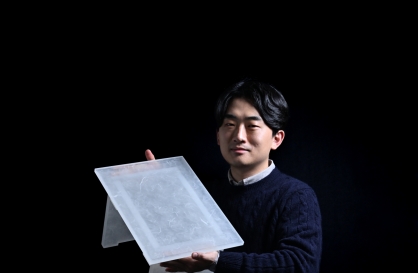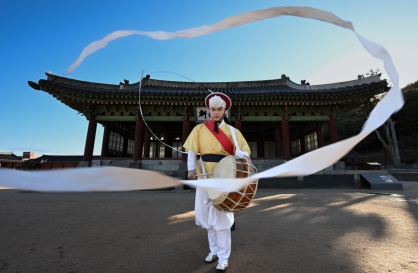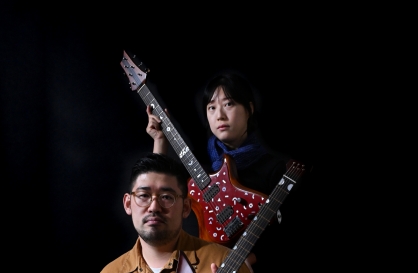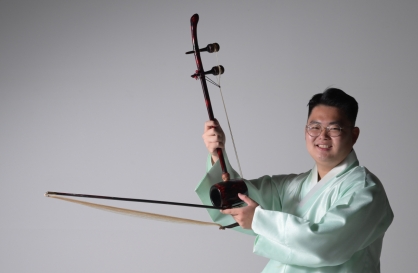Most Popular
Eye Plus

Time seems to have stopped at the 70-year-old Choseong-ri Station in Yeoncheon County, Gyeonggi Province.

Having started out as a logistics center for the United Nations military forces in October 1950, the station had its heyday when US soldiers and local merchants flocked there. But after a unit of United States military engineers left town, the volume of passengers dropped off significantly. Now, no trains stop here.

When the American soldiers and engineers were around, people in the nearby village made a living by selling products and services catering to them.
But the town’s economy started to contract when the unit pulled out and soon the village lost its vitality.

In 2020, dairy stores and coffee shops still use the same old signs they used decades ago.

Yoon Duk-san, 84, has run a pharmacy here for 57 years.
Instead of an electronic cash register, Yoon clings to a cash box and a worn-out abacus with pieces of green tape on every broken corner.

A kimchi jjigae restaurant with old wallpaper is a place where the neighborhood people gather to chat and dine out.

Moving 5 kilometers north of Choseong-ri Station, we come to the historic site Jeongok-ri, which was discovered in 1978 by the late Greg Bowen, a US Forces Korea serviceman deployed at the military base in Dongducheon.
An Acheulean hand ax was found there near the Hantan River. The ax, used 300,000 years ago, was the first Acheulean artifact found in East Asia. Since then, Paleolithic sites in Jeongok-ri have led to a new understanding of the history of the world’s Paleolithic peoples.

Written by Park Han-na
Photographed by Park Hyun-koo




![[Herald Interview] 'Trump will use tariffs as first line of defense for American manufacturing'](http://res.heraldm.com/phpwas/restmb_idxmake.php?idx=644&simg=/content/image/2024/11/26/20241126050017_0.jpg&u=20241126161719)


![[Health and care] Getting cancer young: Why cancer isn’t just an older person’s battle](http://res.heraldm.com/phpwas/restmb_idxmake.php?idx=644&simg=/content/image/2024/11/26/20241126050043_0.jpg&u=20241126145342)















